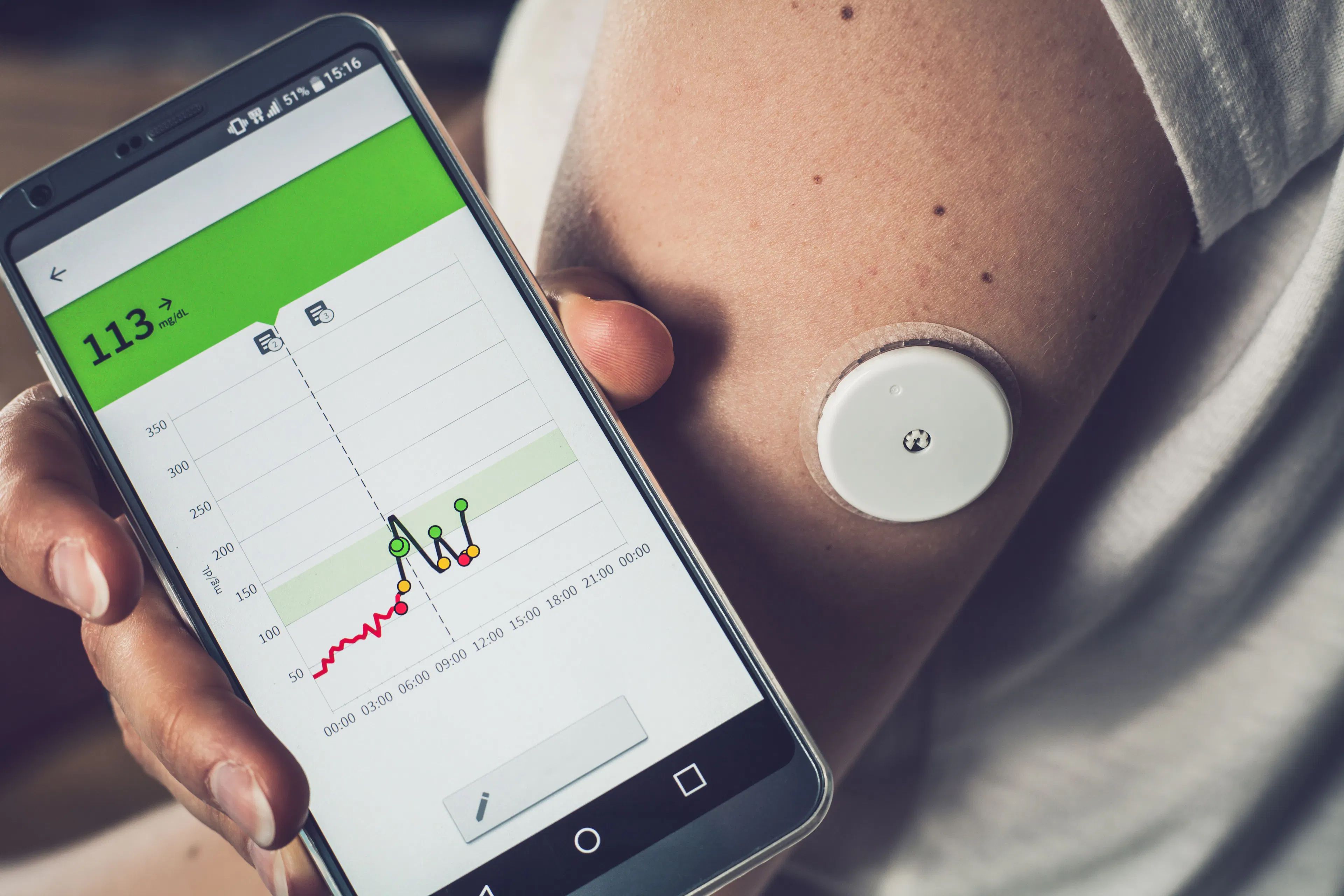The Week in Review: March 18-22
From the relationship between glucose fluctuations and cognition in patients with type 1 diabetes to augmentation strategies for treatment-resistant depression, here are highlights from the week in Psychiatric Times.
ronstik_AdobeStock

This week, Psychiatric Times® discussed a wide variety of psychiatric issues and industry updates, from the relationship between glucose fluctuations and cognition in patients with type 1 diabetes to augmentation strategies for treatment-resistant depression.
First Patient Screened Ahead of Schedule in Phase 2 Clinical Trial of Therapeutic Candidate for Schizophrenia
KUBE__AdobeStock

The first patient in a placebo-controlled, phase 2 clinical study of Anavex®3-71 for the treatment of the positive, negative, and cognitive domains of schizophrenia has been screened ahead of schedule. The therapeutic candidate was approved by the US Food and Drug Administration (FDA) to initiate phase 2 studies in the second quarter of 2024 in January, after it demonstrated an adequate safety profile in a phase 1 clinical trial in healthy volunteers.
“Initiating our phase 2 trial of Anavex®3-71 in schizophrenia ahead of schedule is a testament to the hard work and dedication of our clinical study team,” said Christopher U. Missling, PhD, president and chief executive officer of Anavex®3-71 developer Anavex Life Sciences Corp, in a press release. Continue Reading
The Relationship Between Glucose Fluctuations and Cognition in Patients With Type 1 Diabetes
lukszczepanski/AdobeStock

In a new study of type 1 diabetes (T1D) and cognition, investigators used advances in digital testing to demonstrate that naturally occurring glucose fluctuations impact cognitive function in individuals with T1D. According to the results, when glucose is atypical, either very high or low, cognition is slower, though some individuals may be more susceptible to the cognitive effects of glucose fluctuations.
“We found that changes in glucose were related to changes in thinking—particularly how fast someone is able to think and respond. Low glucose levels (hypoglycemia) and very high glucose levels (hyperglycemia) were related to slower reaction times across most participants when compared with glucose in the normal range and moderately high glucose,” Laura Germine, PhD, exclusively told Psychiatric Times. Continue Reading
Augmentation Strategies for Treatment-Resistant Depression
LFK/AdobeStock

Many patients presenting with unipolar major depression do not achieve remission after their initial treatment. The term treatment-resistant depression (TRD) typically refers to major depression that does not remit after 2 antidepressant trials of adequate dose and duration; however, the definition has not been standardized.
Several staging models have been proposed over the years for classifying and defining TRD. The Thase and Rush Model is the most widely used in TRD. In this model, failure to respond to 1 adequate antidepressant trial from a major antidepressant class is considered stage I TRD, and those who then do not respond to a second adequate antidepressant trial (from a different class than the antidepressant used in stage I) are termed stage II TRD. Continue Reading
Robust Online Presence Needed to Meet Expectations of Today’s Patients
Anna_AdobeStock

It used to be that the only things that mattered when choosing clinicians were their (mostly word-of-mouth) reputation, referrals, and how quickly you could snag a spot in their often-packed schedules. But that is changing. Today, patients have a consumer mindset, and they are demanding more access to information about their health care professionals.
We have the internet and social media to thank for this change. Just like they would pick a spot for dinner, individuals seeking health care services are turning to online reviews. These reputation sites have become gospel among some demographics, especially younger patients. Patients “doctor shop” via Instagram and TikTok amid the rise of doctor influencers on these platforms. Continue Reading
See more recent coverage from Psychiatric Times here. And be sure to stay up-to-date by subscribing to the Psychiatric Times E-newsletter.
Do you have a comment on any of these or other articles? Have a good idea for an article and want to write? Interested in sharing your perspectives? Write to us at PTeditor@mmhgroup.com.
